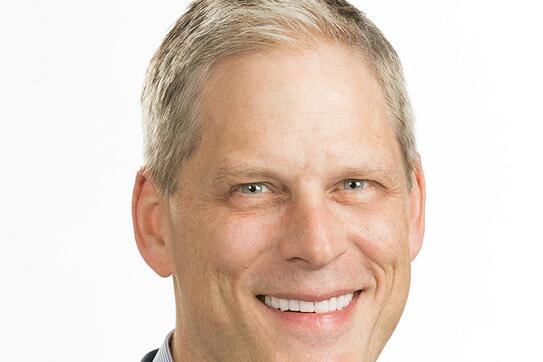Examples of corporate malfeasance abound in history. But what about the opposite—can a corporation’s commitment to its purpose really make a positive difference in the world? For Norman de Greve, Chief Marketing Officer of CVS Health, the answer is yes. In a world where the public’s trust of government institutions and media is at a historic low, there is a unique opportunity for brands and corporations to start taking up the mantle of addressing social issues. When de Greve, a 14-year veteran of Digitas, took the top marketing post at CVS (a Fortune 10 company), he saw his platform as being a unique opportunity to change the status quo in the industry.
The CVS that de Greve joined in 2014 had recently made the game-changing announcement that they would no longer sell tobacco products—with the projected impact to be a loss of $2B in revenue. With CVS’ identity as a healthcare company, it was inconsistent with the company’s brand purpose to continue selling tobacco products, given that smoking remains the country’s leading cause of preventable death.
In hindsight, although CVS’ decision to stop selling tobacco products did deliver a hit to CVS’ revenues, staying true to their brand purpose as a healthcare company did create measurable change for the communities that they operate in: A study published in the American Journal of Public Health found that people who had previously purchased cigarettes exclusively at a CVS Pharmacy were 38% more likely to stop buying cigarettes altogether after CVS stopped selling them. Additionally, removing tobacco also proved beneficial for CVS’ long-term corporate strategy: By helping CVS maintain its image as a healthcare company, CVS has been able to make large-scale moves in the healthcare space, such as its acquisition of Aetna in 2018.
In keeping with CVS Health’s brand purpose as a healthcare company, de Greve left his own mark on CVS in 2018 by leading the company’s commitment to label all beauty marketing images in its stores and owned online media as either “beauty unaltered” or “digitally altered.” Basing their initiative on research that shows that the majority of women feel worse about themselves after seeing a beauty ad, de Greve and his team wanted to not only keep CVS relevant in the current age of social influencers with brands built on authenticity, but also to move the needle toward greater transparency in the beauty industry as a whole. To date, major brands such as Johnson & Johnson have decided to reshoot entire beauty campaigns to be able to receive the “beauty unaltered” label at CVS. (Johnson & Johnson even decided to use the unaltered images at retailers other than CVS.) According to de Greve, beauty sales and market share have been up since the commitment was launched.
How can clarifying and delivering on your brand purpose help your business? Come to the BRITE ’20 Conference (March 26-27, 2020 in New York City) to hear Norman de Greve speak on universally applicable principles of leadership, finding your brand’s purpose, and creating real value for your customers.
